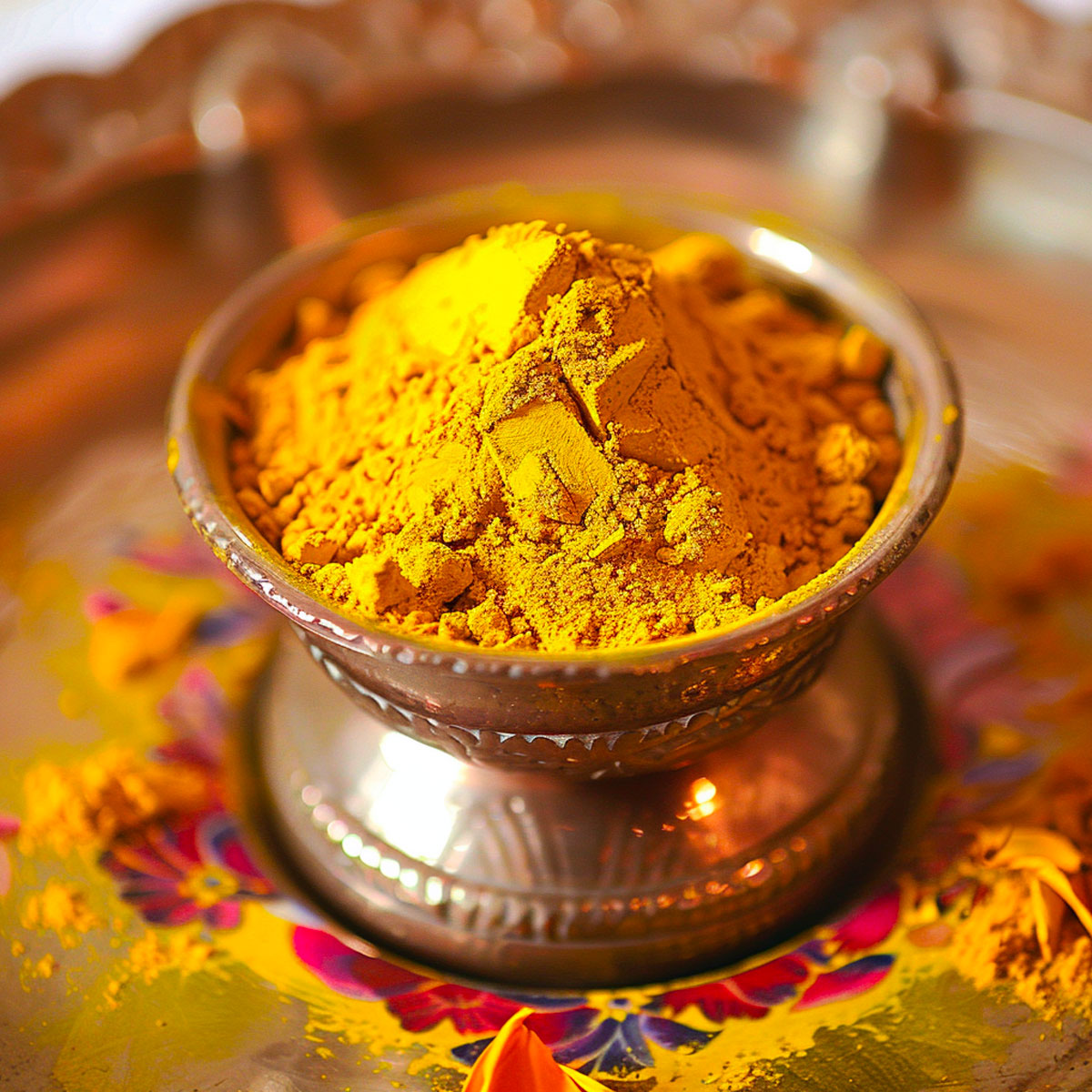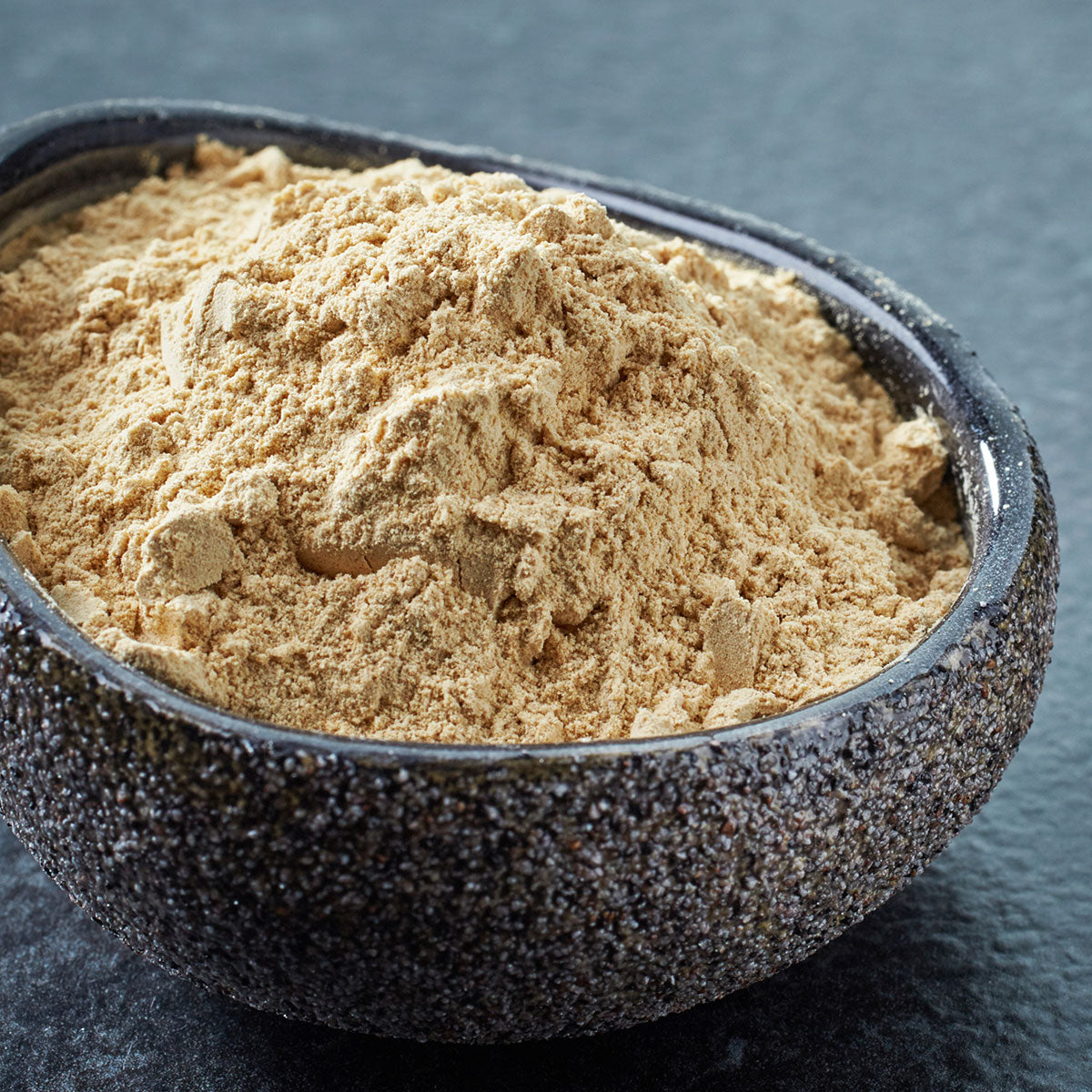On-going lack of good quality sleep can lead to weight gain and illness. Poor sleep causes our hunger hormones to increase, it makes us feel ill and bad tempered, not to mention the longterm links between insufficient sleep and problems like obesity and degenerative disease. Whereas good quality sleep has phenomenal benefits, including better digestion, immunity, mood, weight management and far more.
In this article, we take you through how to eat, exercise and live to optimise your sleep.

Good sleep is one of the cornerstones of health, wellness, and beauty. It’s the time when our bodies deal with toxins, regenerate and repair. So a long stretch of uninterrupted sleep should be something to strive for if you want to achieve a truly healthy lifestyle. Below we explain a little about the important factors affecting our sleep cycle and practical ways to optimise yours:
What Foods to Eat For a Silent Night
Melatonin is our brain’s natural sleep trigger. It is converted from our ‘happy hormone’ serotonin. For both these amazing substances to be produced, we need the amino acid tryptophan. Tryptophan is found in most protein-rich foods, but it is rarer than other amino acids and it has trouble getting transported from the blood into the brain.
- Eat enough protein during the day, e.g. eggs, organic natural yoghurt or a nutty and seedy granola in the mornings, and choose from fish, meat, feta, tempeh, beans, pumpkin seeds, wild rice, quinoa with your lunch and dinner.
- The perfect way to keep protein levels topped up is to take Organic Burst Spirulina, which consists of 60-70% protein, containing all the essential amino acids (including tryptophan) in an easily digestible form. Have a teaspoon with lemon water in the afternoon, or simply swallow 4-8 tablets with water.
Get Your Sleep Rhythm On
Even if you can’t dance (!), our bodies follow rhythms and cycles on every level: digestion, hormone balance, energy balance, metabolism, stress response and circadian rhythm (the sleep-wake cycle). Each system works in symphony with the others, this is why disruption of our circadian rhythm can affect women’s monthly cycles, cause constipation, weaken our immune system and upset our mental health.
- Figure out how many hours of sleep you need to live your life well, feel great and function fantastically – some people do well on 6-7, whereas others need a couple of hours more.
- Regulate your bedtime and wake-time, if you can stick to the same times every day, you’ll train your body to sleep and wake on demand!
- Get as much fresh air and natural light as possible during the day, and sleep in complete darkness at night – this might mean getting better blinds and curtains or sleeping with an eye-mask.
"Got to bed and get up at the same times every day to train your body to sleep and wake on demand!"
Tweet This
How To Switch Off
Your bed is for sleeping (and sex if you’re lucky), not for watching TV, answering emails or listening to music. Aside from the distraction of having digital devices in your bedroom, their bright lights and electromagnetic fields interfere with the neurotransmitters in your brain and mess up your sleep signals.
- Where possible take TVs, stereos, computers, phones out of the room and, if you’re too attached, at least switch them off at the socket at night.
- If you need to check the time in the night, use a watch or (non-ticking and non-digital) alarm clock instead of your phone because its bright screen will wake you up and reduce your melatonin.
- Incorporate a wind-down 30 minutes before bed each night that doesn’t involve any electronics. Reading, writing a journal or a bath are perfect activities.
"Ban digital devices from the bedroom, bright lights and electromagnetic fields can affect your sleep!"
Tweet This
Running Interference
Removing or reducing the habits that can interfere with your sleep pattern can be the key to getting you back on track.
- Exercise is wonderful for helping your sleep, do it in the morning or middle of the day if possible, outdoor activity is the best as daylight regulates your circadian rhythm. BUT, don’t exercise within a few hours of bed because it raises your stress hormones.
- Stressful situations fling us into ‘fight or flight mode’ raising our heart rate and making us more alert, so definitely don’t get into a pressured situation before bed! To help you deal with the pressures on your shoulders, take Organic Burst Maca daily, which strengthens the body and increases stamina.
- Caffeine is an obvious stimulant that we need to mention: try to reduce coffee, tea, and chocolate through the whole day and definitely after lunchtime. If you need a boost in the mornings, try switching your coffee for our maca powder, which is a natural energiser. Add some to your breakfast smoothie or stir into yoghurt, porridge or granola.
- Alcohol suppresses your deeper sleep stages, so although it can send many people off to sleep more easily, it means a more disturbed night overall.
"Alcohol suppresses your deeper sleep stages, so you'll have a more disturbed night after drinking."
Tweet This
It’s challenging to change your behaviour and environment, but taking control of your sleep problem is an important step in the healthy journey that we’re all skipping and sometimes stumbling through!
Sleep tight x





